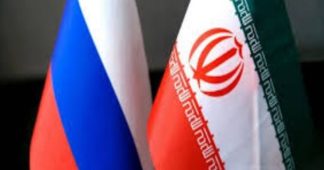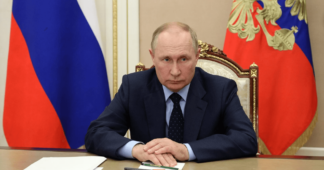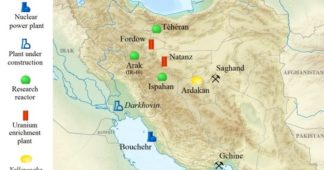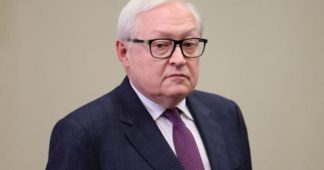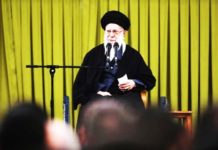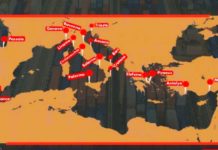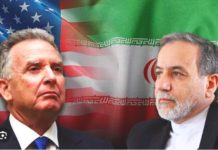By Vladimir Soldatkin and Andrew Osborn
Jun 18, 2025
Russia signed a strategic partnership with Iran in January and also has a relationship with Israel, although it has been strained by Moscow’s war in Ukraine. A Russian offer to mediate in the Israel-Iran conflict has not been taken up.
The Reuters Daily Briefing newsletter provides all the news you need to start your day. Sign up here.
Ryabkov, speaking on the sidelines of an economic forum in St Petersburg, told Interfax news agency Moscow was urging Washington to refrain from direct involvement.
“This would be a step that would radically destabilise the entire situation,” Interfax cited Ryabkov as saying, and criticising such “speculative, conjectural options.”
The head of Russia’s SVR foreign intelligence service, Sergei Naryshkin, has said the situation between Iran and Israel is now critical and Foreign Ministry spokeswoman Maria Zakharova said the Israeli strikes on Iranian nuclear infrastructure meant the world was “millimetres” from catastrophe.
“Nuclear facilities are being struck,” she told Reuters, adding that the U.N. nuclear safety watchdog had already noted specific damage.
“Where is the (concern from the) entire world community? Where are all the environmentalists? I don’t know if they think they are far away and that this (radiation) wave won’t reach them. Well, let them read what happened at Fukushima,” she said, referring to the 2011 accident at the Japanese nuclear plant.
Israel says it has struck Iranian nuclear facilities to prevent Tehran developing an atomic weapon. Iran denies seeking nuclear arms.
RUSSIAN OFFER TO MEDIATE
In a 20-year strategic partnership pact signed in January by President Vladimir Putin and Iranian President Masoud Pezeshkian, Russia did not undertake to help Tehran militarily and is under no obligation to do so despite the countries’ close military ties.
Putin, who has already lost an important partner in the Middle East with the fall of Syria’s Bashar al-Assad last December, spoke to U.S. President Donald Trump by phone on Saturday. He offered Moscow’s services as a mediator, which Trump said he was open to before demanding Iran’s “unconditional surrender.”
A source familiar with U.S. internal discussions said Trump and his team were considering options including joining Israel in strikes against Iranian nuclear sites.
Sergei Markov, a former Kremlin adviser, has said the conflict – though opposed by Russia – could yield some benefits to Moscow including higher oil prices, more appetite from China for Russian oil because of difficulties sourcing Iranian oil and a reallocation of U.S. military resources away from Ukraine.
Reporting by Reuters Moscow buro; Writing by Andrew Osborn, Lucy Papachristou and Mark Trevelyan, Editing by Timothy Heritage
*Andrew Osborn As Russia Chief Political Correspondent, and former Moscow bureau chief, Andrew helps lead coverage of the world’s largest country, whose political, economic and social transformation under President Vladimir Putin he has reported on for much of the last two decades, along with its growing confrontation with the West and wars in Georgia and Ukraine. Andrew was part of a Wall Street Journal reporting team short-listed for a Pulitzer Prize for international reporting. He has also reported from Moscow for two British newspapers, The Telegraph and The Independent.
We remind our readers that publication of articles on our site does not mean that we agree with what is written. Our policy is to publish anything which we consider of interest, so as to assist our readers in forming their opinions. Sometimes we even publish articles with which we totally disagree, since we believe it is important for our readers to be informed on as wide a spectrum of views as possible.
